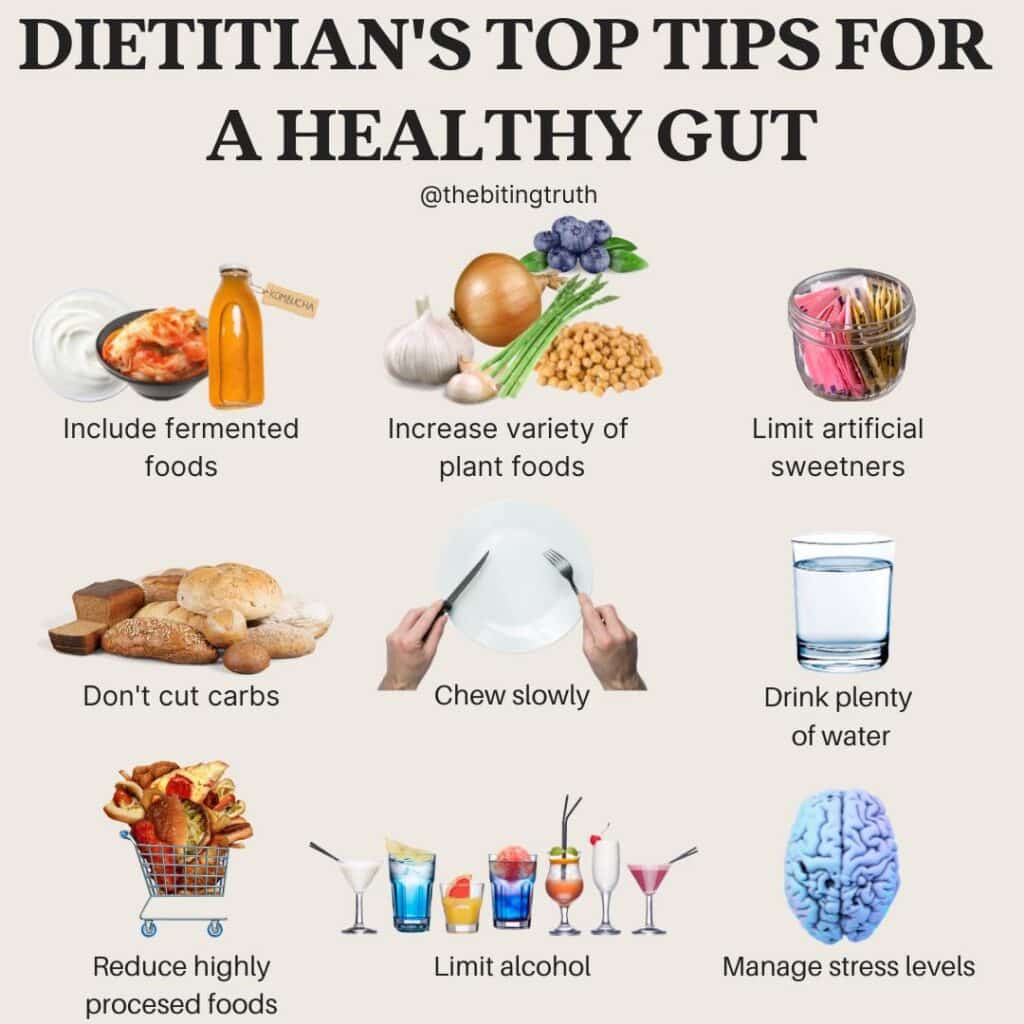Free shipping for orders over $80
Free shipping for orders over $80
In the realm of weight loss and healthy eating, navigating through carbohydrate myths can feel like finding your way through a maze.
Should you avoid carbs after a certain hour?
Is cutting them out entirely the secret to shedding those extra kilos?
Let’s unravel these misconceptions and discover the truth about carbohydrates.
Carbohydrates are a vital nutrient found in a variety of foods. Beyond the obvious sources like bread, breakfast cereals, rice, and pasta, many other commonly consumed foods also contain carbohydrates. These include fruit, starchy vegetables, corn, legumes, sugar, milk, and yoghurt.
Carbohydrates are the preferred source of energy for our brains and an important fuel for exercise. While fat and protein can also be used as fuel, fat provides a slower, steadier stream of energy (useful for walking) and is not burned quickly enough for more intense exercise. Therefore, without an adequate intake of carbohydrates in our diet, we would find it quite difficult to engage in physical activities.
To provide our bodies with enough energy throughout the day, we should aim to include carbohydrate-containing foods at every meal. However, when it comes to carbs, quality is key.
Unprocessed, wholegrain, or low-GI carbohydrates are the best choices as they tend to be nutrient-rich and lower in calories. Eating these types of carbohydrates ensures we maximise our fibre intake and feel fuller for longer.
You may have seen the GI symbol on a range of products in your local supermarket, but what exactly does it mean? The Glycemic Index (GI) is a ranking given to food items based on how quickly the carbohydrates in those foods are broken down and absorbed into our bloodstream.
Examples of low GI foods include:
Both high and low GI foods can be part of a healthy, balanced diet. However, aiming for low GI foods as much as possible has several benefits:
Carbohydrates provide our bodies with essential macro and micronutrients that are crucial for a healthy, balanced diet. Going low carb can make it challenging to meet some of these nutrient requirements, particularly fibre. Without wholegrains, legumes, or fruit in our diet (which are major sources of fibre), we would have to consume a significant amount of vegetables, nuts, and seeds to meet our recommended fibre intake.
Another common problem with low-carb diets is that they are extremely difficult to maintain long-term. Restricting such a wide variety of foods can become problematic, especially in social settings. While people may see an immediate drop in weight on low-carb diets, most end up regaining the weight within 12 months as it is difficult to maintain. We generally believe that there’s no point in adopting a “diet” that you cannot stick to long-term. Instead, we advise making small changes that don’t involve cutting out whole food groups or nutrients and can be maintained for the long haul. This approach makes it possible to achieve a healthier lifestyle while still enjoying a wide variety of foods.
A common misconception is that eating carbohydrates at night will result in weight gain. The rationale behind this ‘rule’ is that because you are not engaging in any activity at night, you will not ‘use up’ or ‘burn’ the carbs, and therefore they will be ‘stored’ by your body.
The truth is, carbohydrates cannot tell the time! Whether the kilojoules (kJ’s) come from protein, fat, or alcohol, the issue is not necessarily the source, but rather the number of kJ’s and whether this number exceeds how much your body needs. The culprit always has been and always will be excess kJ’s, not the humble carbohydrate.
Successful weight loss is about monitoring your daily energy input versus output. In other words, if you eat more than you burn, you are likely to gain weight. If you enjoy having some carbohydrates at night, don’t worry when someone puts some pasta on your plate. Just monitor your portions and be sure to account for it as part of your overall daily intake.
—






